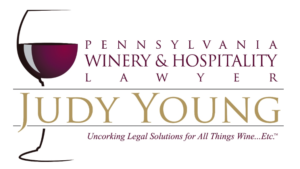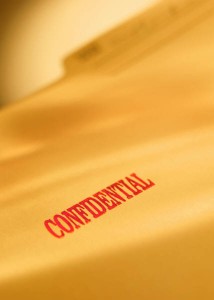Do you dream of opening your own winery, vineyard, restaurant, bed and breakfast, catering, wine-based or hospitality business? If so, it is important for you to choose the correct legal structure that’s right for your business.
In this series on forming your business entity, we previously considered the “Sole Proprietorship” , “Partnership” and “Corporation” as business entities. Knowing and understanding how each of these legal structures work enables you to carefully decide what legal structure is right for your dream business. In today’s post, we will consider forming the “Limited Liability Corporation”.
Limited Liability Corporation
The Limited Liability Corporation or LLC is a hybrid flexible form of business entity often recommended for a new winery, wine based, or hospitality business. How LLC’s are treated for federal and state tax purposes typically depend on the entity’s classification as either partnership or corporation. The properly structured LLC offers the combined benefit of both the liability protection of a Corporation and the favorable tax treatment of a Partnership. The owners of a LLC can report business income, losses, credits and deductions on their individual income tax return. Thus, the business entity itself does not pay income tax. This can be a tax savings where the owners rates are lower than the corporate income tax rate. Because there is no entity level tax, the LLC owners avoid the double taxation on monies that are distributed to its owners that often occurs with a C-Corporation.
A LLC owner is provided limited liability for its debts and obligations. Much like the Corporation, the LLC owner is generally limited with respect to tort liability. Each member is allowed to manage and control the business without risking loss of the member’s limited liability.
Forming a LLC involves filing Articles of Incorporation with the Corporation Bureau of the Pennsylvania Department of State. A formal written Operating Agreement is recommended which sets forth the LLC’s corporate governance provisions, including but not limited to, voting rights, shares, profit distributions, management structure, ownership and buyout schemes.
As discussed in the earlier posts of this series, different business structures provide different risks, protections, and ease of administration. What wine or hospitality business are you creating?

 business world as well. Especially if you are considering giving your business a “fictitious” name.
business world as well. Especially if you are considering giving your business a “fictitious” name.
 confidential information?
confidential information? business circumstances.
business circumstances.